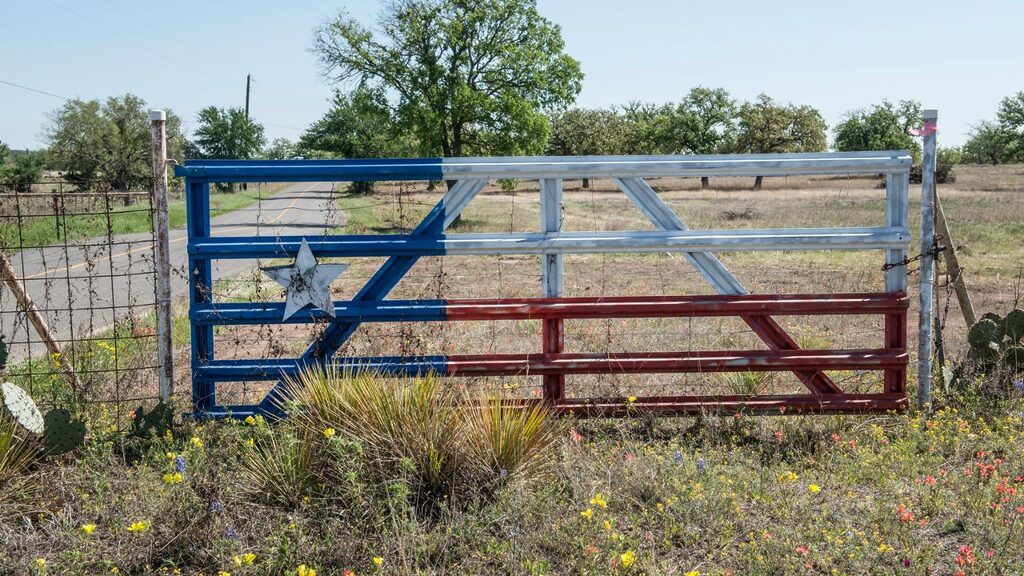Quick take: Most people complete medical detox in 3-7 days, but timelines vary by substance, health history, and whether medications are used. Alcohol and benzodiazepine detox often take longer and require the most medical oversight.
Emergency note: If someone has chest pain, seizures, trouble breathing, or you suspect overdose/DTs, call 911.
Detox vs. Withdrawal: What’s the difference?
- Withdrawal is the set of symptoms that happen when a substance leaves the body.
- Detox is the medically managed process of helping your body clear the substance safely and as comfortably as possible, with monitoring, hydration, nutrition, and when appropriate medications.
Detox is the first step; it doesn’t treat the root causes of addiction. Most people step down to residential, PHP, or IOP for therapy and relapse-prevention once they’re medically stable.
How Long Does Detox Take? (By Substance)
Actual timelines vary by dose, duration of use, co-occurring conditions, and whether evidence-based medications are used. Use this as a general guide, not medical advice.
| Substance | Symptoms Start | Peak | Subside | Notes |
|---|---|---|---|---|
| Alcohol | 6-12 hours | 24-72 hours | 5-7 days (some anxiety/sleep issues can last longer) | Risk of seizures/DTs; safest with benzodiazepine-based protocols and close monitoring. |
| Short-acting opioids (heroin, oxycodone, many fentanyl products) | 8-24 hours | 2-3 days | 5-7 days | Medications like buprenorphine can reduce severity and shorten functional downtime. |
| Long-acting opioids (methadone, some extended-release meds) | 24-48 hours | 3-5 days | 10-20+ days | Often needs a slower, medication-supported taper. |
| Benzodiazepines (Xanax, Ativan, Klonopin, Valium) | 1-4 days (longer for long-acting) | 1-2 weeks | Weeks-months (taper dependent) | Never quit abruptly; medical, gradual taper is standard of care. |
| Stimulants (meth, cocaine) | Hours-1 day | 1-3 days (crash) | About 7-10 days (mood/sleep may linger) | Typically not life-threatening; focus on sleep, mood stabilization, cravings. |
| Cannabis | 1-3 days | 3-7 days | About 2 weeks | Irritability, insomnia, appetite change are common; usually outpatient-manageable. |
| Polysubstance | Varies | Varies | Varies | Timelines extend and risks increase; medical detox strongly recommended. |
Why is Medical Supervision So Important?
- 24/7 monitoring for vitals, dehydration, and complications
- Prescription protocols to reduce seizures (alcohol/benzos) and manage symptoms (opioids/stimulants)
- Comfort care – IV fluids if needed, sleep support, nausea/diarrhea control
- Faster handoff into rehab levels of care so momentum isn’t lost
At-home detox increases the risk of medical emergencies, relapse, and rapid return to use.

What Happens During Medical Detox (Day by Day)
Day 0-1: Intake and Stabilization
- Medical exam, labs, and substance-use history
- Personalized detox plan; start of withdrawal-management meds if indicated
- Hydration, nutrition, and rest
Day 2-3: Peak Symptom Management
- Round-the-clock nursing; vital checks
- Titration of medications for comfort and safety
- Gentle, optional groups or 1:1 support as tolerated
Day 4-7: Symptoms Ease and Transition Planning
- Sleep and appetite improve; symptom meds taper as appropriate
- Care navigation: insurance verification, choice of Residential/PHP/IOP, family updates
- Warm handoff to the next level of care (often same-day)
Some benzodiazepine or long-acting opioid cases require a longer, taper-based plan that extends beyond inpatient detox.
Medications That May Be Used
- Alcohol: symptom-triggered benzodiazepine protocols; thiamine/folate; adjuncts for blood pressure, sleep, and nausea
- Opioids: buprenorphine or methadone for withdrawal/maintenance; naltrexone after detox for relapse prevention
- Benzodiazepines: gradual taper under physician supervision; adjuncts for sleep/anxiety as appropriate
- Stimulants: no FDA-approved detox med, but targeted care for sleep, mood, cravings, and hydration
Medication decisions are individualized by a clinician after assessment.
What to Bring (and Not to Bring) to a Texas Detox Unit
Pack:
- Government ID, insurance card, list of current prescriptions (original bottles)
- Comfortable, modest clothing and slip-on shoes
- Phone numbers for family/employers (many units hold phones during the acute phase)
- Simple toiletries (no alcohol-based items if restricted)
Leave home:
- Substances, vapes, weapons, valuables, opened supplements
- Smartwatches/cameras if restricted by unit policy
Facility policies vary. Admissions will confirm specifics before arrival.

Rehab: Your Next Step
Detox clears the body; rehab treats the brain and behavior. Most clients step into:
- Residential (inpatient): 24/7 structure, typically 14-30+ days
- PHP (Day Treatment): about 5 days/week, 6+ hours/day
- IOP: 3-5 days/week, evenings available for work/school
- OP/Aftercare: weekly groups, therapy, and recovery coaching
A good plan includes MAT when indicated, therapy, family involvement, and relapse-prevention with community support.
FAQs
Can detox be done at home?
It’s not recommended, especially for alcohol and benzodiazepines due to seizure and DT risks. Medical detox improves safety and comfort.
How long does alcohol detox take?
Most people stabilize within 3-7 days in a monitored setting, though sleep and mood may take longer to normalize.
How soon can I start rehab after detox?
Usually immediately. Your team will arrange a warm handoff so momentum isn’t lost.
Does detox cure addiction?
No. Detox is the first step; ongoing treatment addresses cravings, coping skills, and relapse prevention.
Will I be able to work during detox?
During acute withdrawal, most people take time off. Many step down to IOP afterward, which can fit around work or school.
What about insurance?
Many plans cover detox and subsequent levels of care. Insurance verification can be done quickly before admission.
Can family be involved?
Yes. Releases are signed at intake so staff can provide updates and include loved ones appropriately.
Ready to Start Detox?
Our team can check benefits and outline next steps in minutes. Call the Admissions team or start Insurance Verification online.













